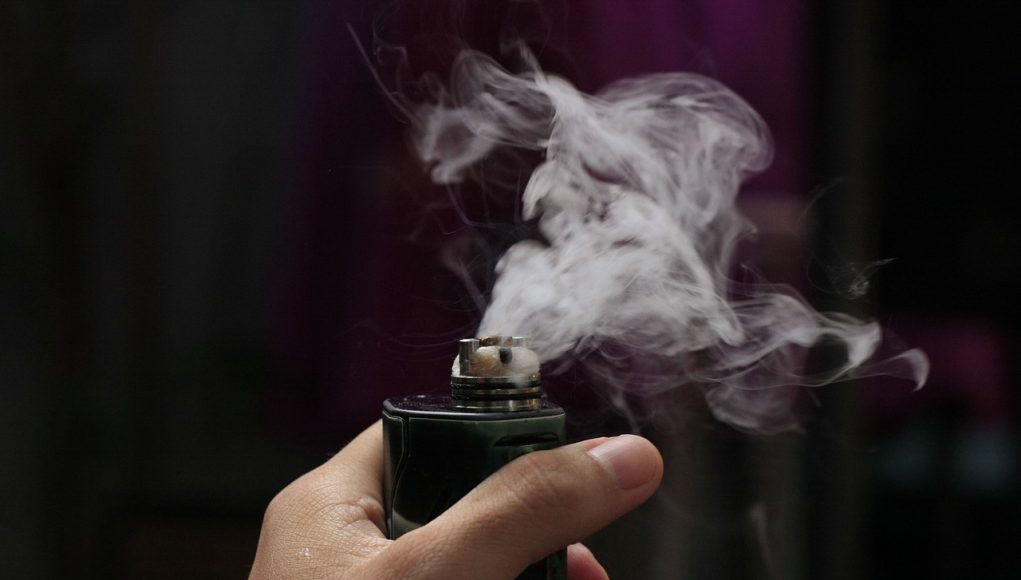The participants were exposed to a lit tobacco cigarette, their own e-cigarette, or a cup of water across multiple trials. In each trial, they were asked to rate their craving for all three items and indicate the amount of money they would be willing to spend to have access to them. “Key measures included craving, amount of money spent to access the cue, latency to access the cue, spending choice time, and consumption.” highlighted the study Abstract.
The data collected indicated that the respondents craved cigarettes and e-cigarettes more than water and would spend significantly more on them. Interestingly the participants displayed the same level of cue-specific craving towards cigarettes and e-cigarettes, however they were willing to spend significantly more to have access to cigarettes than to e-cigarettes.
“Overall, the data suggest that e-cigarette puffs are less valued and generate less craving than tobacco cigarette puffs for dual users,” concluded the study.
PATH study had indicated that e-cigs are less addictive
The study which was funded by the National Institutes of Health and the Center for Tobacco Products, consisted of an ongoing national survey of tobacco use of over 30,000 participants comprised of both young and mature adults.
The research had indicated that vapers tend to use their products later in the morning after waking up, in comparison to smokers. Additionally vapers were also found to have less cravings, found it easier to refrain from using the products in restricted areas, and were less likely to consider themselves as addicts.












